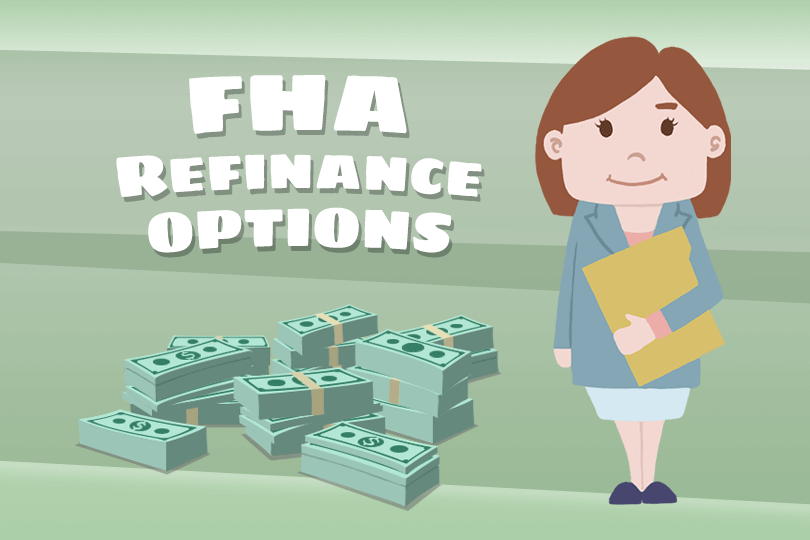Cash-Out Refinance: The Pros and Cons
January 16, 2021
What Is It?
A cash-out refinance replaces your current mortgage for a new one with a principal that is higher than the amount you owe, which allows you to keep the difference in cash. You may also be able to lower your interest rate or adjust the length of your loan term, but the primary purpose of a cash-out refi is to use your home equity to get cash in hand.
The Pros
- Immediate cash in hand: A cash-out refi’s main benefit is that it converts your home equity into liquid assets. You can therefore use the money you have available to fund any number of investments, whether it is home renovations or medical expenses. If you plan out how to use the equity in a responsible way, you can increase the value of your home and build equity in the long run.
- Consolidation of debt: Many borrowers use a cash-out refinance to combine all their high-interest loans, such as student loans and credit card debt, they carry in other places into a single mortgage. This helps to manage finances with a single monthly payment, and mortgages traditionally have lower interest rates compared to other personal loans. Keep in mind, however, that your house will become collateral.
- Tax credits: When used for home improvements, the interest on a cash-out refinance is tax deductible. If used any other way, the interest is tax-deductible up to $50,000 for an individual or $100,000 for a couple. You always should check with your tax advisor for current deductibility and updated laws.
- Higher interest rates: Cash-out refinances are always riskier than other types of refinances because you are borrowing more than what you already owe on the house. And with greater risk comes a higher interest rate.
- Extra costs: Like any other refinance, a cash-out refi requires the borrower to pay closing costs. There is also a second appraisal required for this option, which is a cost you will need to take on. Additionally, borrowers need to pay interest on the extra cash that comes with such a refinance, adding to the cost of the loan.
- Higher risk: The more equity you liquidate in your home, the more risk you take on if the property values decrease. Depending on what you need cash for, it might not be the best idea to drain the equity you have built on your house.
If you decide to go ahead with a cash-out refinance, the amount of additional cash you can borrow will vary based on several factors. The amount of money that you can borrow depends on the amount of equity that has been built up in the home's value. For example, to be eligible for an FHA cash-out refinance, borrowers will need at least 20 percent equity in the property based on a new appraisal.
If you have immediate and important expenses coming up, it may be worth looking into using some of the equity in your home. Talk to your loan officer to see of a cash-out refinance is the right step for you.
------------------------------
RELATED VIDEOS:
Obama Mortgage Is the Home Affordable Program
Principal Payments and Your FHA Loan
Living in a Single Family Home

FHA Loan Articles
February 24, 2022One of the major hurdles that keeps families from purchasing a home is the need for a down payment. The FHA’s goal is to offer more homebuying opportunities to low- and moderate-income Americans and set more easily achievable down payment requirements for borrowers.
January 31, 2022One of the first steps to take when you decide to buy a home is getting pre-approved for a mortgage. It is important to know what it means to get pre-approved for a home loan, and what the pre-approval letter does and doesn’t do for your home buying chances.
January 10, 2022A home loan is one of the most important investments you can make. Buying a home means owning property, and being a homeowner means there's potential to watch your investment grow in value over time. But first, the lender has to make sure the borrower is a good credit risk.
December 9, 2021This wait isn’t easy when you've been shopping for a new home. But getting a home inspection is a crucial step, and not one you should consider skipping. Make sure you hire a reliable home inspector, wait for your inspection report, and watch out for these red flags.
November 2, 2021Interest rates started to decline in 2019 and still seem considerably low. The average rate for a 30-year, fixed rate home loan has fallen from 4.94% in November 2018 to 3.13% in October 2021. A point drop in your interest rate could translate to huge savings with each monthly payment







